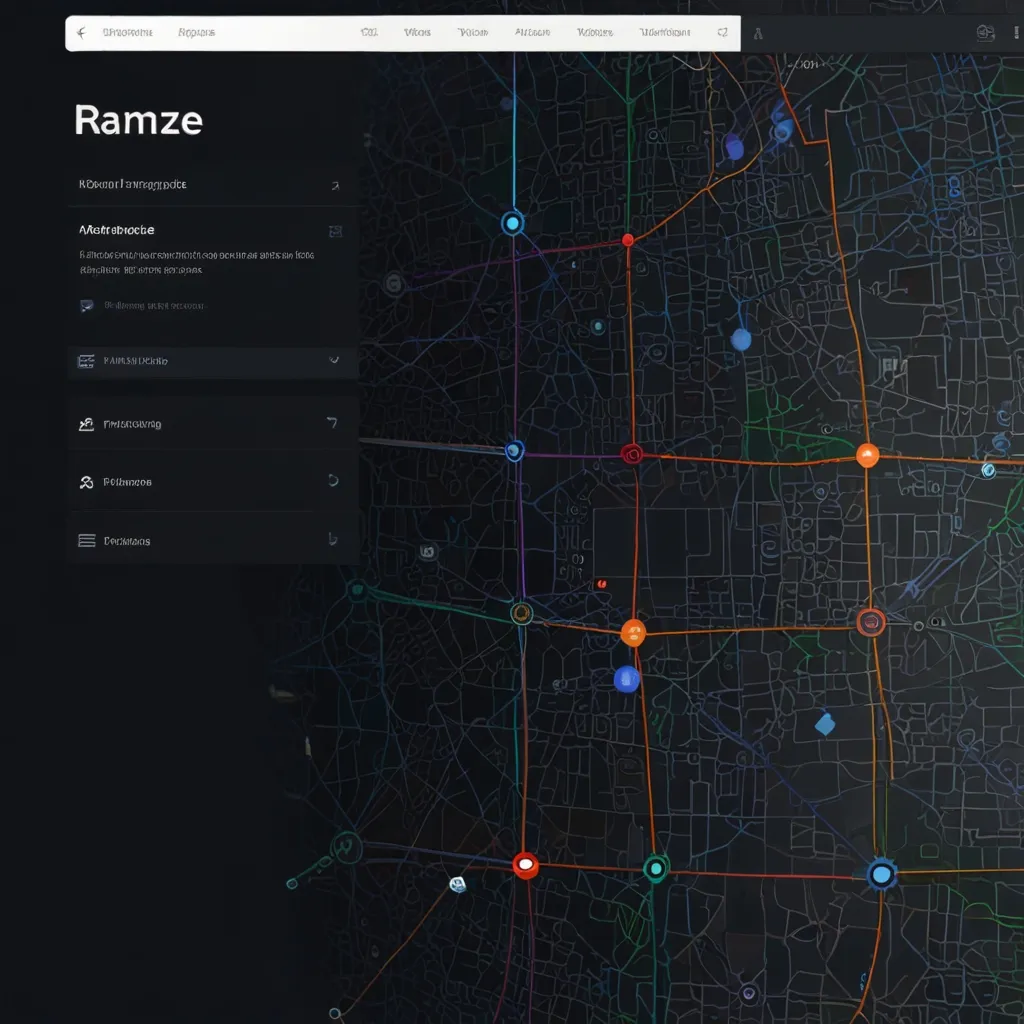In the bustling world of modern software development, microservices and serverless applications seem to be the buzzwords everyone is talking about. One toolkit that really stands out when diving into these areas is Micronaut. Essentially, it’s a JVM-based, full-stack toolkit that helps developers create modular, easily testable microservices and serverless applications. Let’s dive into the essentials of Micronaut and how to get started with this powerful framework.
Micronaut essentially revolutionizes how we build applications by offering low memory footprint and blazing-fast startup times. Traditional JVM frameworks usually rely heavily on reflection for tasks like dependency injection and aspect-oriented programming (AOP). Not Micronaut. It shifts these processes to compile-time, meaning your apps run faster and lighter by avoiding the overhead associated with reflection.
Getting started with Micronaut could be as easy as pie. You can set up the Micronaut Command Line Interface (CLI) via SDKMan with just a few commands. The CLI makes creating new Micronaut applications a breeze. For instance, you can kickstart a new project using Groovy with the following command:
sdk install micronaut
mn create-app example.micronaut.books --lang groovy
This simple command spawns a new Micronaut app named books. If Java or Kotlin is your jam, no worries. You can swap Groovy out for your language of choice.
Once the app is set up, you’ll notice a neat project structure laid out for you. From here, creating a simple controller to expose an endpoint is straightforward. Imagine a BooksController class in Groovy that serves a list of books:
package example.micronaut
import groovy.transform.CompileStatic
import io.micronaut.http.annotation.Controller
import io.micronaut.http.annotation.Get
@CompileStatic
@Controller("/api")
class BooksController {
private final BooksRepository booksRepository
BooksController(BooksRepository booksRepository) {
this.booksRepository = booksRepository
}
@Get("/books")
List<Book> list() {
booksRepository.findAll()
}
}
In a nutshell, this controller exposes a /api/books endpoint, which can be accessed using a GET request. Micronaut, through constructor injection, supplies the required BooksRepository, and JSON is the default format for input/output.
With Micronaut, dependency injection and AOP are handled at compile-time, a notable difference from frameworks that leverage dynamic, runtime reflection. This results in faster application startup times and reduced memory footprint—ideal for resource-constrained environments.
Another noteworthy aspect of Micronaut is its testing capabilities. Micronaut is test framework-agnostic, supporting JUnit for Java and Spock for Groovy, among others. Here’s a taste of a simple Micronaut test using JUnit:
import io.micronaut.test.extensions.junit5.annotation.MicronautTest;
import org.junit.jupiter.api.Test;
import static org.junit.jupiter.api.Assertions.*;
@MicronautTest
class HelloControllerTest {
@Test
void testHelloWorldResponse(HelloClient client) {
assertEquals("{\"message\":\"Hello World\"}", client.hello().block());
}
}
This ensures your HelloController is returning the right response. Micronaut makes it easy to spin up servers and clients swiftly, enhancing your overall testing process.
Using Micronaut in a cloud setting is a breeze too. It integrates seamlessly with popular cloud technologies, making it possible to implement essential microservice patterns like service discovery, distributed tracing, and circuit breakers. For example, it has out-of-the-box support for service registries like Eureka and HashiCorp Consul, simplifying the interaction between microservices.
Configuring microservices traditionally can be a headache, particularly with different environments to manage. Micronaut simplifies this with flexible configuration parameter injections from various sources such as property files, environment variables, and Java system properties. Tools like the Spring Cloud Config server and HashiCorp Consul can also be used for centralized configuration management across all your microservices.
When it’s time to deploy, Micronaut applications are typically packaged in a single JAR file, streamlining the deployment process. Whether you’re deploying in Docker containers or platforms like AWS Lambda, Micronaut fits right in. Thanks to GraalVM support, you can even compile your Micronaut applications to native machine code, which translates to nearly instantaneous startup times and a minimal memory footprint.
To illustrate Micronaut’s versatility, let’s look at a simple application example in Kotlin:
import io.micronaut.http.annotation.Controller
import io.micronaut.http.annotation.Get
@Controller("/hello")
class HelloController {
@Get
fun index(): Map<String, String> {
return mapOf("message" to "Hello World")
}
}
This Kotlin controller exposes a /hello endpoint returning a JSON response with “Hello World”.
Prefer Java? Here’s the same controller but in Java:
import io.micronaut.http.annotation.Controller;
import io.micronaut.http.annotation.Get;
import java.util.Collections;
import java.util.Map;
@Controller("/hello")
public class HelloController {
@Get
public Map<String, String> index() {
return Collections.singletonMap("message", "Hello World");
}
}
Both the Kotlin and Java examples basically accomplish the same task—showing the consistency across different languages within Micronaut.
Micronaut is more than just a framework; it’s a powerful toolset that streamlines the creation of modular, easily testable microservices and serverless applications. Its compile-time dependency injection and AOP, along with a low memory footprint and quick startup times, make Micronaut an appealing choice for developers aiming to build efficient and scalable applications. Whether you’re coding in Java, Groovy, or Kotlin, Micronaut promises a smooth, integrated development experience that plays nice with cloud technologies and microservice patterns. Why not give Micronaut a whirl and see how it can revolutionize your development workflow?






